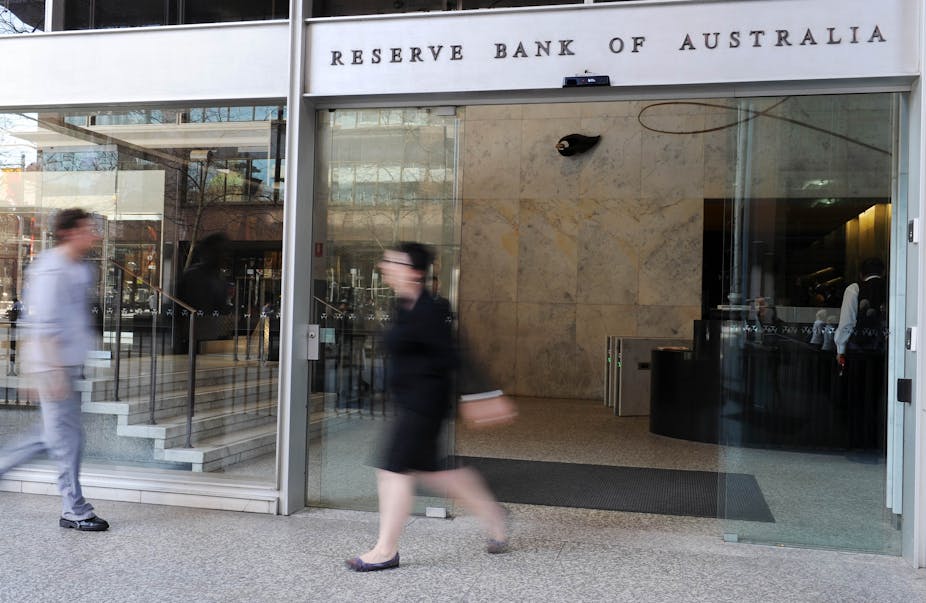
With the unfolding legal case against Securency (a subsidiary of the Reserve Bank of Australia) and the latest arrests on bribery charges, many are beginning to question the culpability of the board of the parent operation.
Somewhat similarly, the sight of News Corporation board members and employees being grilled at a parliamentary inquiry on the behaviour of employees strikes at the same question.
Is it the case that senior managers really can’t be accountable for the actions of those they manage? A telling quote from the 2010 Berkshire Hathaway 2010 Annual report highlights one of the great dilemmas facing directors and officers of large organisations. Chief executive Warren E. Buffett wrote:
“Somebody is doing something today at Berkshire that you and I would be unhappy about if we knew of it. That’s inevitable: We now employ more than 250,000 people and the chances of that number getting through the day without any bad behaviour occurring is nil.”
While that may be true, the board (often through its interactions with senior management) is responsible for and can influence the systemic behaviour of the organisation. While this is a complex topic, there are three important aspects of human behaviour that boards need to be able to counter if they wish to minimise the chances of individual misbehaviour metastasising into systemic failure.
First, they need to recognise that the behaviour of most people conforms to the system they operate in.
Decades of evidence, perhaps the most powerful the Milgram experiments and Stanford Prisons Experiment provide ample insight into how people do things they would not normally countenance under the pressure of the system in which they operate.
It takes a strong individual to swim against a systemic tide - and those who would buck the system are often more likely to leave, or be pushed out. Be very suspicious of ethical and legal lapses in your organisation; the system is a powerful driver (both enabling and curtailing it).
Lesson #1: Boards need to ensure they take a systemic view of how their organisations reward success and socialise people. This will affect the culture and ethical behaviour probably more than they realise. Boards should not just rely on having “good people”; good people do bad things in the wrong system. Be particularly vigilant around your HR systems (how people are hired, fired, promoted and rewarded).
Second, we all want to be associated with success. When an Australian does well in a sporting event - say, Cadel Evans winning the Tour de France - there’s an avalanche in interest in the sport from people who couldn’t tell a spoke from a derailer, both in the mainstream press and around the water cooler. People love to be associated with winners and disassociated from losers.
Lesson #2: Boards need to be careful they are monitoring success as much as failure. Trader Nick Leeson was wildly successful at Barings Bank prior to his (and the bank’s) downfall; so too the traders who lost more than $350 million at NAB. The key principle is that if you don’t understand why you are successful, keep questioning the system (see lesson #1).
The third important factor affecting governance systems is what Stanford Professor Bob Sutton describes as “power poisoning”. As individuals ascend to positions with more authority, they are less likely to control poor or risky behaviour; they simply think the rules don’t apply to them.
Lesson #3: Even if you have what you think is a good system, be vigilant in its application to yourself, your colleagues and the upper echelons of management. Don’t let lapses slip, as they are more likely to reinforce an unstated pattern of behaviour that may well conflict with your written policies (again, see rule #1).
Thus, you can create what you think is a fantastic, ethical system - and it may look so on paper. But you need an approach to ensure it is enacted, particularly as people higher up the chain are less likely to believe the rules apply to them (power poisoning) and you are more likely to believe them if they are delivering results (association with success).

Remember the story of former News International chief executive Rebecca Brooks hiding in a competitor’s offices to steal a copy of the competitor’s paper? You don’t need to be a genius to understand the message sent to employees about what will be tolerated for success, whatever fantastic code of ethics and system you have written down.
If we put these things together, we can see that while boards may not have understood the particular actions of individuals (as Buffett points out, that is impossible), they can take action to minimise the chances that individual behaviour becomes systemic. Buffett’s insight later in the same 2010 letter to shareholders is telling:
“..we can have a huge effect in minimising such activities by jumping on anything immediately when there is the slightest odor of impropriety. Your attitude on such matters, expressed by behaviour as well as words, will be the most important factor in how the culture of your business develops. Culture, more than rule books, determines how an organisation behaves.”

